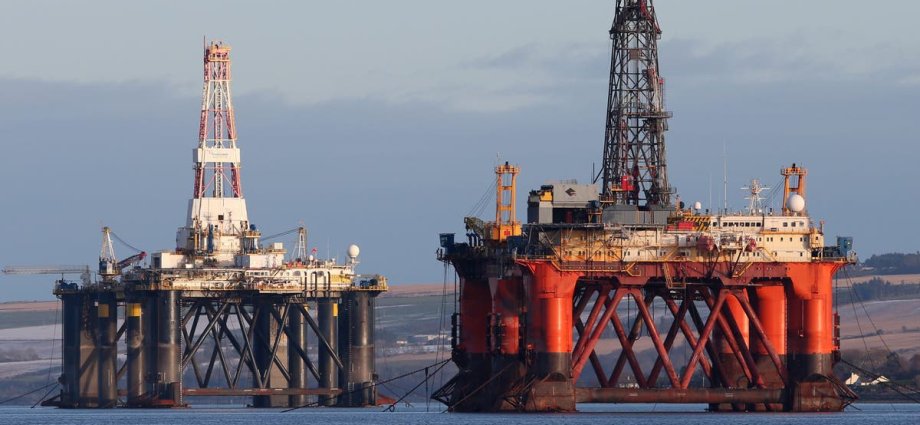Engineering firm John Wood Group has revealed it slumped to a near one billion US dollar (£770 million) half-year loss just weeks after a Dubai suitor walked away from a £1.56 billion proposed takeover.
The FTSE 250 firm, which provides oilfield and engineering services, reported pre-tax losses of 961.7 million US dollars (£740.1 million) against losses of 26 million US dollars (£20 million) a year ago.
Wood Group’s losses came as it booked hefty one-off costs and an 815 million US dollar (£627.2 million) write-down on the value of past acquisitions.
The Scottish firm also said it will face costs of around 11 million US dollars (£8.5 million) related to the proposed takeover attempts by Dubai-based rival Sidara.
Sidara walked away from a deal two weeks ago blaming global market turmoil and geopolitical risks, having put forward four takeover proposals.
The final approach valued Wood Group at around £1.56 billion.
In its half-year results, Wood Group said: “We do not believe that those geopolitical risks pose a material risk to Wood, nor the long-term value of the group.”
Sidara’s decision to abandon any deal sent Wood Group’s shares plunging, dealing a blow to investors who have suffered a languishing share price and a number of failed takeover attempts for the company.
Wood Group was also the subject of a buyout approach by private equity firm Apollo last year, worth £1.68 billion, or 240p per share, which it also rejected.
Wood Group notched up costs of about six million US dollars (£4.6 million) from the ill-fated Sidara deal in the first half and said it would face costs of around another five million US dollars (£3.8 million) in the final six months.
It said some of the costs will be partially reimbursed by Sidara under an agreement for it to cover external costs.
Its results showed underlying earnings rose 8.5% to 219 million US dollars (£168.6 million).
Revenues dropped 4.8% to 2.8 billion US dollars (£2.2 billion).
It said it expects strong growth in revenues and underlying earnings over the full year as it strips out costs to make savings of 60 million US dollars (£46.2 million) a year from 2025 and continues to “focus on improved pricing”.











